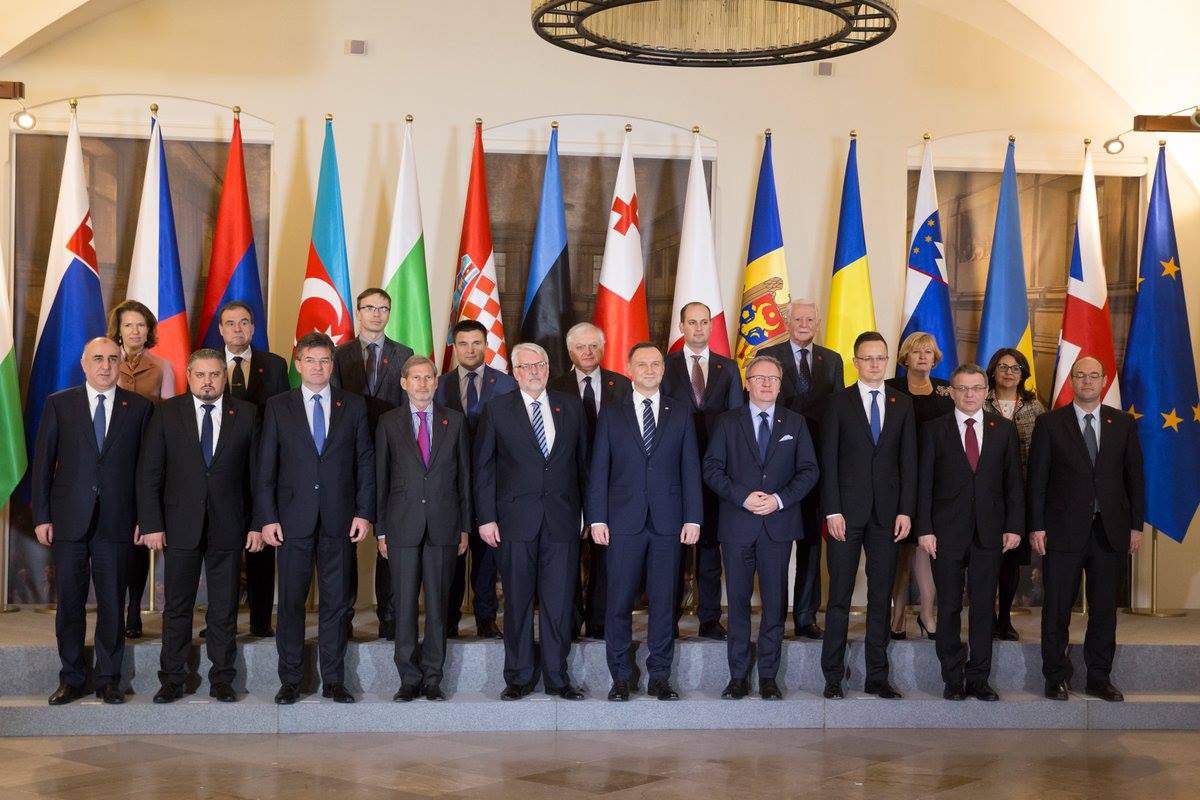Poland – On Tuesday, commentators close to both the government and the opposition seemed to agree: the PiS-led United Right coalition will survive until the next parliamentary elections in 2023. An agreement had been reached between the coalition partners on a new program for 2021–23 and between PiS and Lewica (The Left) for a vote in parliament on the EU recovery plan. In addition to difficulties with the Porozumienie (Entente) party of Deputy Prime Minister and Minister of Development, Labor and Technology Jarosław Gowin, Jarosław Kaczyński’s PiS was faced with the refusal of Justice Minister Zbigniew Ziobro and his Solidarna Polska (United Poland) party to vote in favor of the ratification of the Next Generation EU recovery plan. This disagreement, in addition to a few others, seemed likely to threaten the existence of the United Right coalition and thus the absolute majority of the PiS group (to which Gowin’s and Ziobro’s MPs belong) in the Sejm. The idea of a minority government or early elections was being increasingly raised, while polls showed that PiS, with or without its allies, had no chance of renewing its absolute majority after a year of very questionable Covid management (even if left-wing commentators prefer to explain the 10-point drop in support for PiS by the decision of the Constitutional Court to ban eugenic abortions). As for PiS’ partners, Solidarna Polska cannot be sure it would reach the 5% threshold to send deputies to the Sejm, while Porozumienie can be sure it would not, given the polls.
Under these conditions, the three partners of the United Right coalition had to come to terms with each other. Their leaders – Jarosław Kaczyński, Zbigniew Ziobro and Jarosław Gowin – therefore met last weekend and announced on Sunday, through PiS Executive Committee Chairman Krzysztof Sobolewski, that the three parties were satisfied with their track record since 2015 and would work together in the coming days to prepare a new joint program for 2021–2023.
The differences on the recovery plan have clearly been acknowledged and accepted, and should not lead to a break-up of the coalition. The ratification bill was adopted on Tuesday in the Council of Ministers by a majority of votes (without the two ministers from Solidarna Polska). In a statement released on Tuesday, Zbigniew Ziobro’s party said it was opposed to the recovery plan because of the rule of law mechanism that accompanies the plan, which could lead to arbitrary decisions by Brussels that would threaten Poland’s sovereignty. The statement also mentions the negative impact on the Polish economy of the EU’s 2030 climate targets, which are included in the EU budget for 2021–27. However, the statement continued, the United Right retains a common vision for Poland.
Jarosław Kaczyński had said in a recent interview that a PiS defeat on the Recovery Plan vote would spell the end of the coalition. But despite Solidarna Polska’s opposition to the Recovery Plan, the adoption of which will also be tantamount to the ratification of the Next Generation EU plan (whose ratification is made mandatory because of its novel feature: the issuance of common EU debt securities), now seems assured thanks to the agreement reached on Tuesday with the Lewica party (The Left). In exchange for the party’s support in the Sejm and Senate, Prime Minister Mateusz Morawiecki agreed to include Lewica’s proposals in the recovery plan: the construction of 75,000 apartments for rent, the allocation of the equivalent of €850 million to hospitals at powiat level (the administrative level between the voivodeships and municipalities), at least 30% of the EU funds under the national recovery plan to be made available to local authorities, and an additional €300 million for the sectors that have suffered most from the pandemic, such as the hotel and restaurant industries. The Left also demanded that there be a detailed plan for how the funds will be spent, so that they can ensure that what has been agreed is implemented.
While Lewica leaders point to their success – they managed to exert real influence on the use of EU funds – the liberals of the Civic Platform (PO) and their Civic Coalition (KO – an alliance of the PO, Nowoczesna and the Greens), including Donald Tusk tweeting from Brussels, could not hide their anger on Tuesday. The negotiations conducted by the Left mean that they no longer have the means to influence this recovery plan themselves or to bring down the government of Mateusz Morawiecki. Their increasingly unconditionally pro-EU stance, however, was hardly compatible with their threat to block the ratification of the EU plan when ratification by all 27 national parliaments is required for the European Commission to start mobilizing funds. As nationalist Krzysztof Bosak of Konfederacja (The Confederation) rightly noted on Twitter: “We have a pro-EU majority in the Sejm. It was therefore foreseeable that the transfer of new competences to the EU (Eurodebt, Eurotaxes) in exchange for money would find the necessary support.”
PO leader Borys Budka, however, said he was surprised by the Left’s solo negotiations. Those negotiations indeed sealed the failure of the strategy for a united opposition under the leadership of the PO, at a time when the Civic Platform is being overtaken in opinion polls by the new Polska 2050 party of the “progressive Catholic” Szymon Hołownia, and criticized for its drift to the liberal left and for the excessive radicalism of its positions against PiS.




